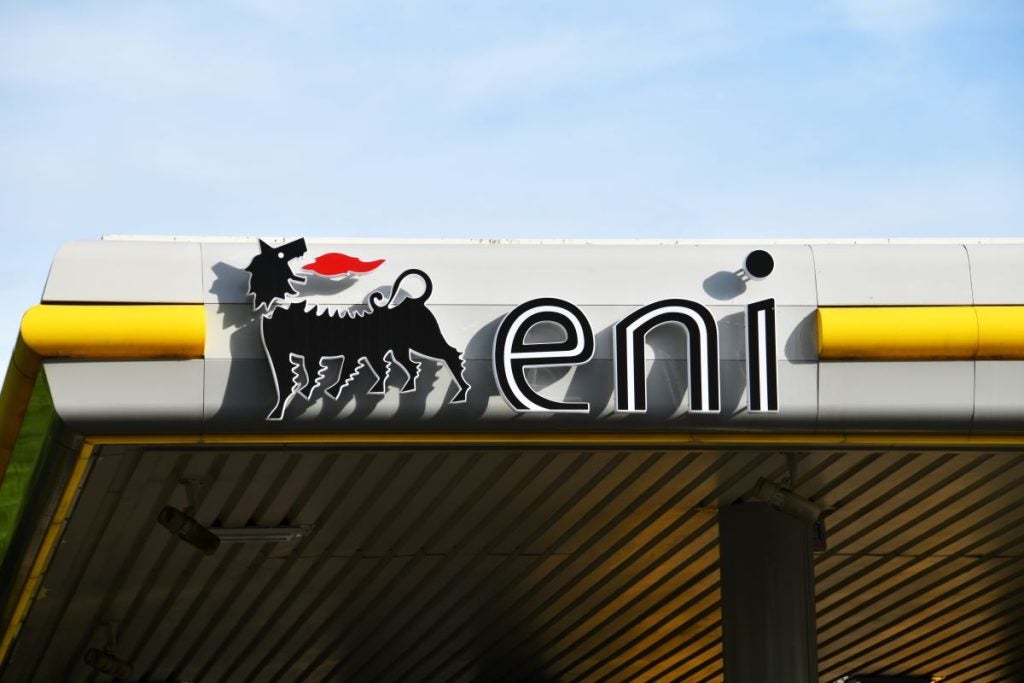
In a letter to ConocoPhillips, shareholders said:
“In the coming decades, the world will reduce greenhouse gas (GHG) emissions to curb climate change. Companies that fail to reduce overall emissions will incur substantial financial risks, especially fossil fuel companies.
How well do you really know your competitors?
Access the most comprehensive Company Profiles on the market, powered by GlobalData. Save hours of research. Gain competitive edge.

Thank you!
Your download email will arrive shortly
Not ready to buy yet? Download a free sample
We are confident about the unique quality of our Company Profiles. However, we want you to make the most beneficial decision for your business, so we offer a free sample that you can download by submitting the below form
By GlobalData“Shareholders request the company to address the risks and opportunities presented by the global transition towards a lower emissions energy system by setting emission reduction targets covering the GHG emissions of the company’s operations, as well as their energy products (Scope 1, 2, and 3).”
The letter also says: “The global political pledge to curb climate change, the resulting future regulations for the fossil fuel industry to reduce their overall emissions, and the decreasing costs of renewable energy add to the risk that capital expenditures in fossil fuel projects will become stranded assets. Furthermore, fossil fuel companies are increasingly sued for their role in the climate crisis: not only for their Scope 1 and 2 emissions but also for their Scope 3 emissions.”
In contrast to previous rulings, the Securities and Exchange Commission (SEC), the US independent agency protecting investors and the national banking system, has now decided that ConocoPhillips must include a climate proposal at its forthcoming annual general meeting (AGM) season.
In Europe, similar proposals from shareholders have compelled oil majors to announce climate ambitions and report Scope 3 emissions, caused by customers burning their products. The SEC decision has ensured that a climate resolution from the Dutch shareholder group will come to a vote in the US.
Follow This founder Mark van Baal said: “This is a breakthrough in the fight against climate change. Finally, shareholders can vote about the elephant in the room: product emissions. All our experience in Europe has shown that only shareholders’ votes for concrete emissions targets will lead oil majors to change course.”
Follow This shareholder resolutions ask oil and gas companies to set targets to reduce all emissions in line with the Paris Climate Agreement, as investor support for Paris-consistent targets for all emissions continues to gain momentum in the energy sector.
“Paris-consistent emission reductions will lead to a shift in investments away from fossil fuels to renewables. That’s why oil executives fight our resolutions so fiercely. Votes make it evidently clear that investors want them to act on climate. They prefer to continue business as usual,” van Baal says.
Overturned ‘micromanagement’ claims
In response to past shareholder attempts to gain access to AGM voting rights, the SEC has previously excluded the Follow This proposal on multiple grounds, including a claim that it sought to “micromanage” the company.
However, in a letter to ConocoPhillips, the SEC has now dismissed this claim stating that: “In our view, the Proposal does not seek to micromanage the Company to such a degree that exclusion of the Proposal would be appropriate […] the Proposal only asks the Company to set emission reduction targets”.
Follow This is expecting that the SEC will also allow shareholders to vote on similar proposals filed at Chevron and Phillips66. The outcome of these AGM ballots is non-binding, but the tally of votes sends a statement of investors’ concerns to company executives, at a precarious time for the fossil fuels industry.
“Big Oil can make or break the Paris climate agreement. In 2020, a growing minority of up to 27% of non-government votes supported our resolutions. More and more institutional investors understand the goal of the Paris Climate Agreement is core to their fiduciary duty in a global economy wracked by climate breakdown,” Van Baal says.
Last year, Follow This shareholders voted for climate target resolutions at the annual general meetings of Equinor, Shell, and Total in Europe.








